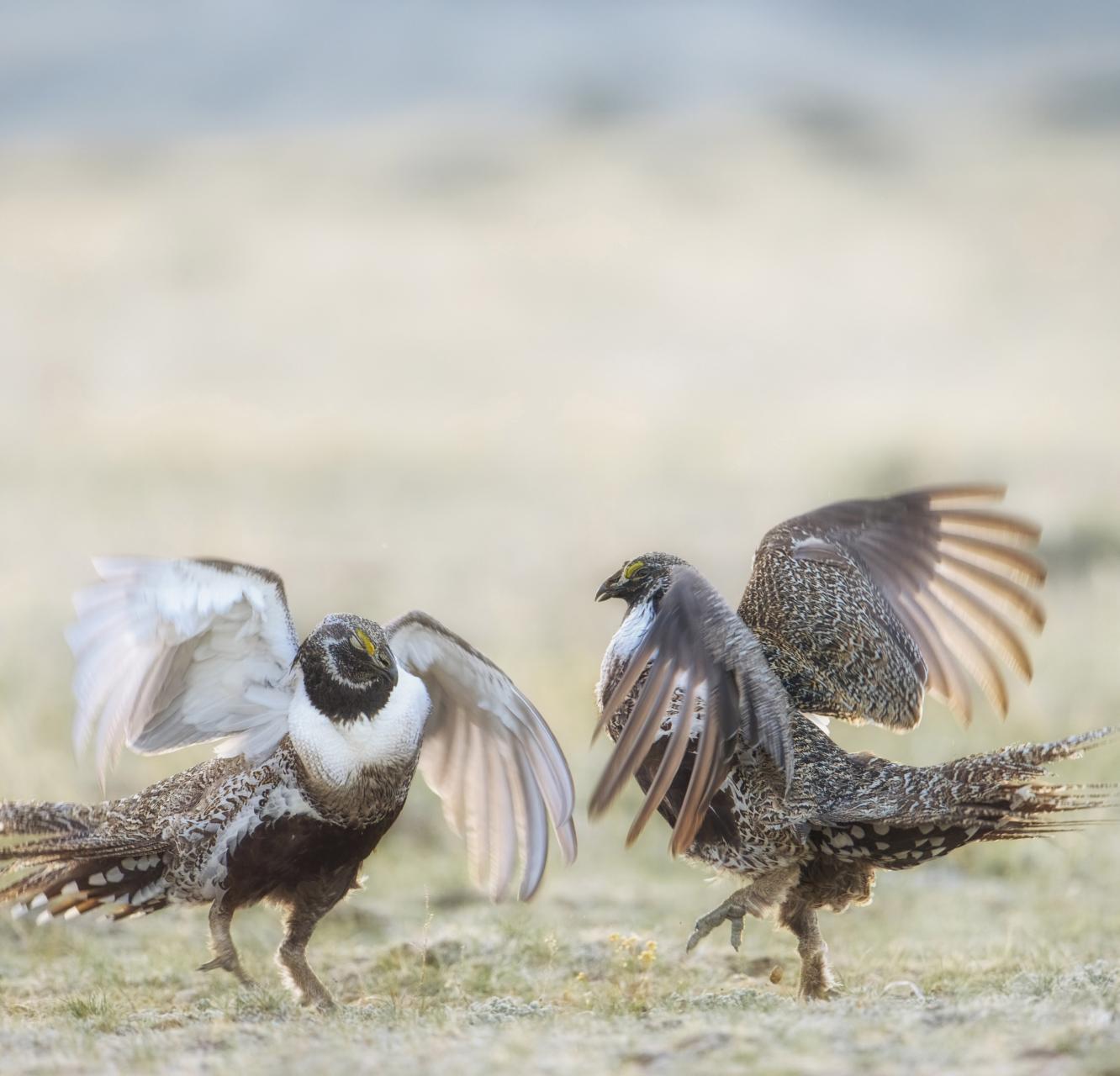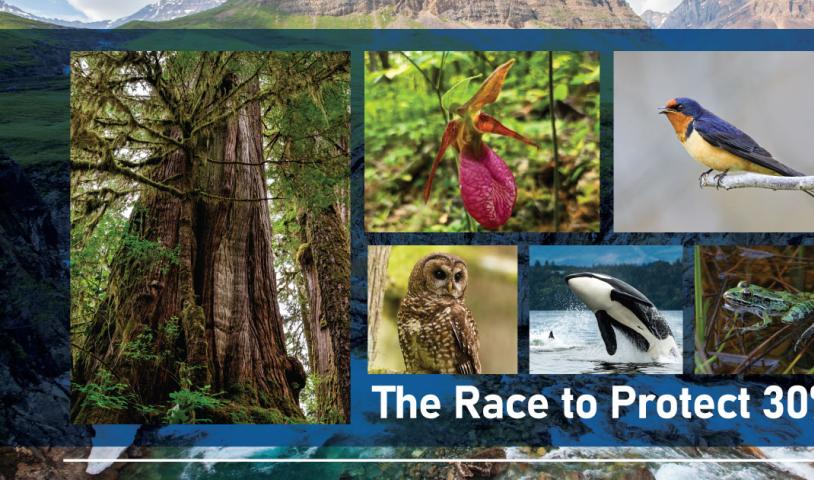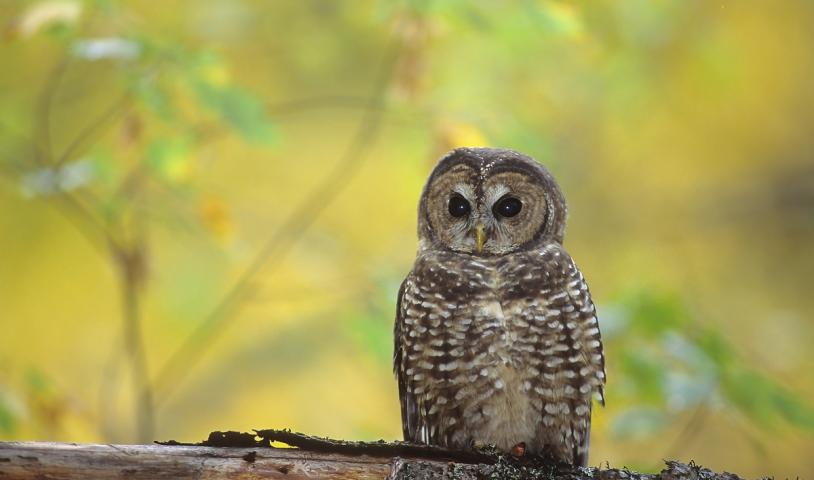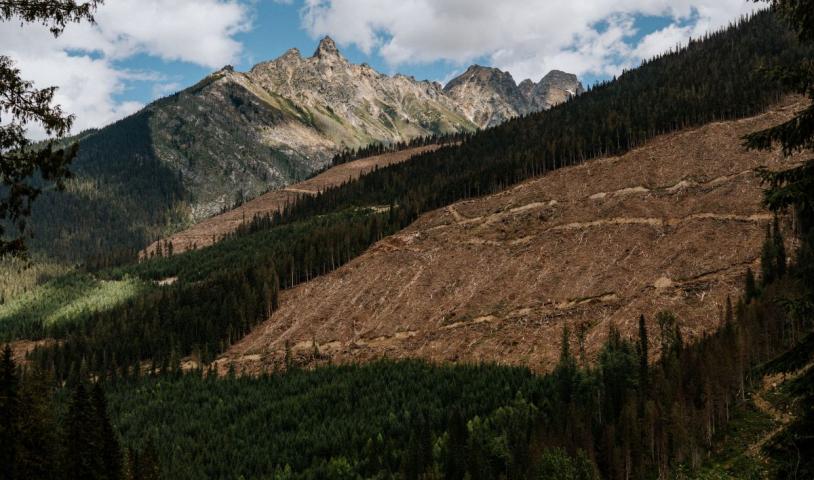Wilderness Committee disappointed Pacific Salmon Forum Final Report supports continued Open‑net Salmon Farming
Thursday, April 30, 2009News release – Friday, February 6, 2009
Conservationists encouraged by First Nations class-action suit to protect wild salmon.
Vancouver, British Columbia – The Wilderness Committee is disappointed that the long-awaited final report by the Pacific Salmon Forum (PSF) released yesterday supports the continued practice of open-net caged salmon farming along the BC coast at current production levels and pushes for the legalization of controversial toxic louse control drugs.
"There is a solid body of evidence from peer-reviewed scientific studies linking sea lice infestations emanating from open-net caged salmon farms to high mortality in juvenile salmon that migrate past these salmon farms. Many of these farms are sited along wild salmon migration routes, which have resulted in whole wild salmon populations being decimated," said the Wilderness Committees Research Director Geoff Senichenko.
"Wild salmon populations along the BC coast are plummeting, killer whales and grizzlies are starving, and all the recent peer-reviewed science shows sea lice from industrial salmon farms are decimating wild salmon populations," said Senichenko. "Instead of concrete immediate action to separate and safeguard wild salmon from salmon farms, the PSF report merely recommends further scientific studies and monitoring of salmon farms. This ‘wait and study more approach will only continue to drive threatened wild salmon stocks to the brink."
However, this week the Kwicksutaineuk Ah-kwa-mish First Nation, along with seven other First Nations in the Broughton Archipelago area off the northeast coast of Vancouver Island, launched a class-action lawsuit against the provincial government for damages from salmon farms on wild salmon, for which they have constitutionally protected rights.
"The Wilderness Committee thanks and offers support to Broughton Archipelago First Nations for taking action to protect wild salmon. We agree that we are out of time in merely monitoring and talking about impacts to wild salmon from salmon farms, and that action needs to be taken to separate and protect wild salmon from farmed salmon," said Senichenko.
"The Wilderness Committee is urging the provincial government to immediately shut down salmon farms along migration corridors before the wild juvenile salmon migration starts in late February. Industrial salmon farming also needs to be completely phased out over the next five years, as it is unsustainable," added Senichenko.
-30-
For more information contact:
Geoff Senichenko, BSc – Research Director, Wilderness Committee at 778-230-5560.





